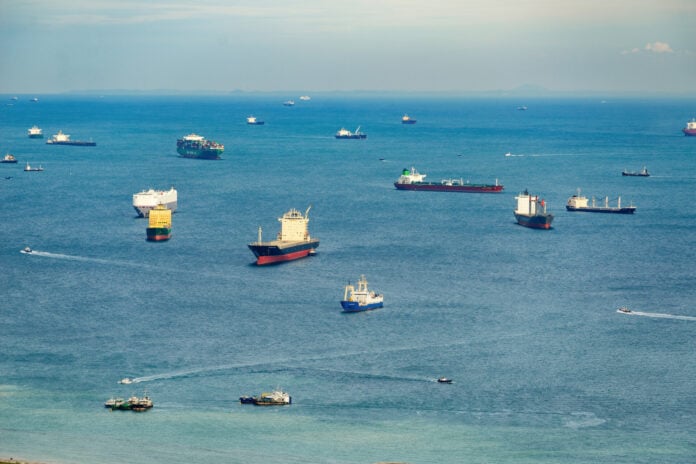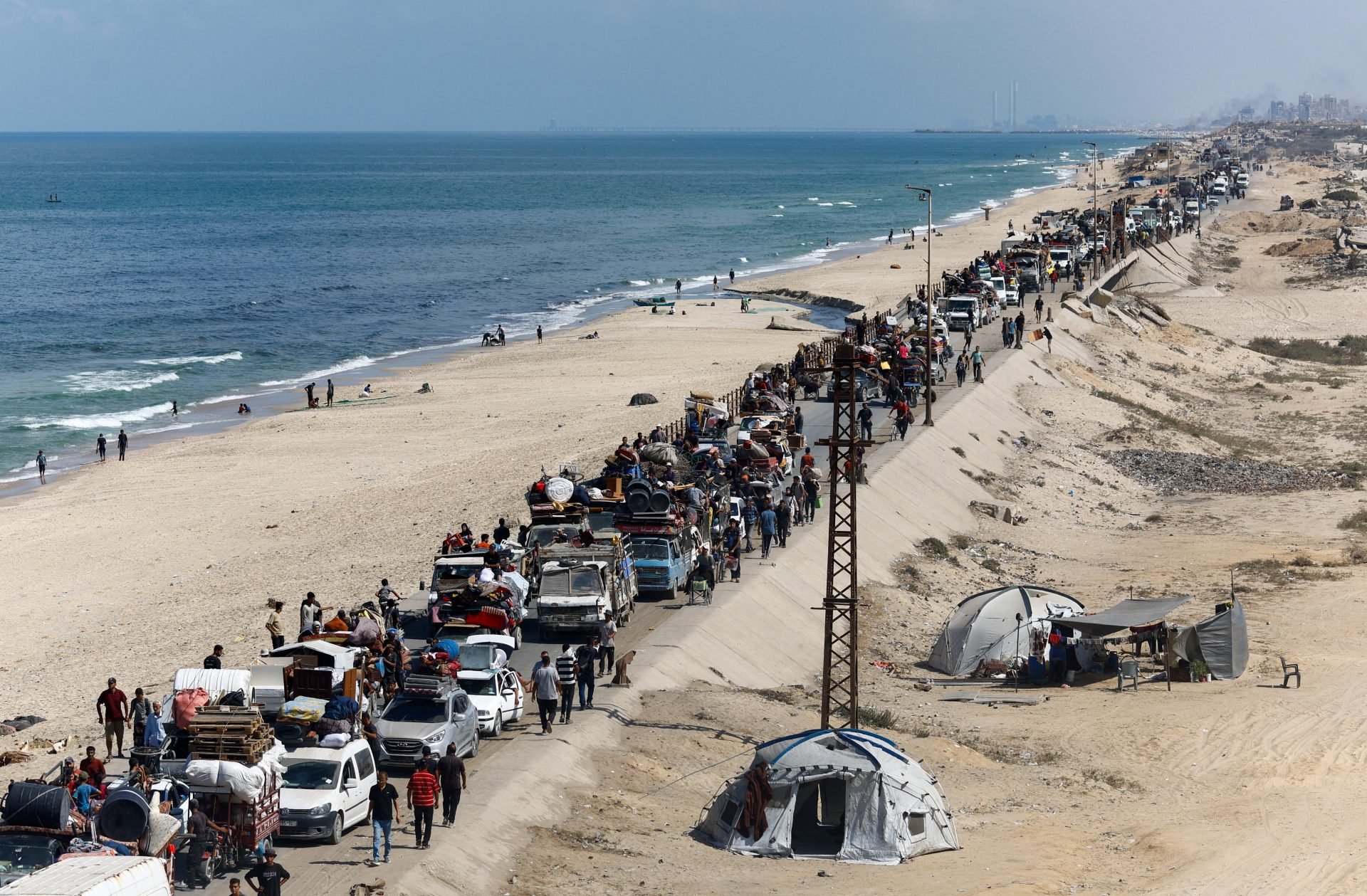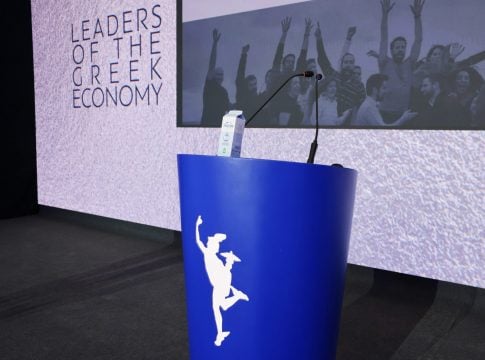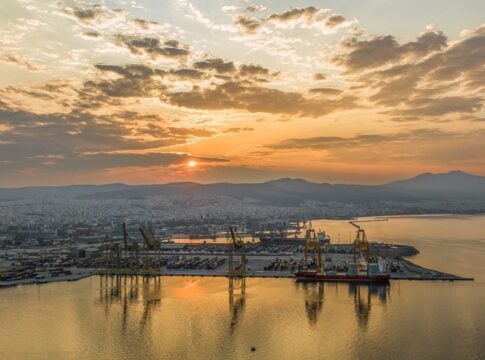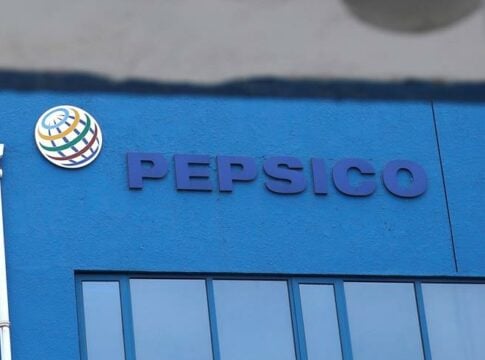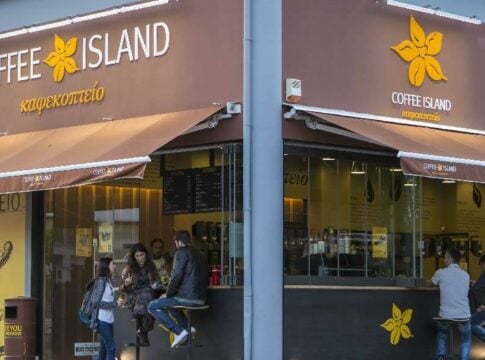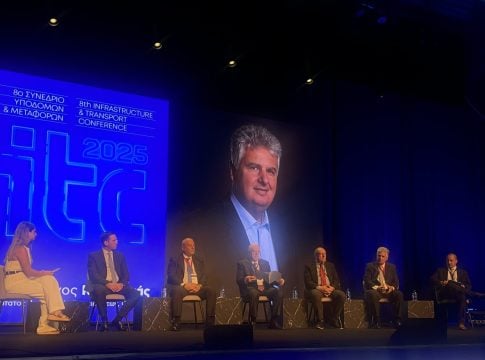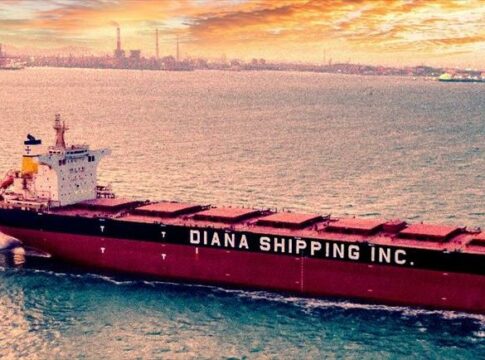The significant challenges after the implementation of a stricter regulatory framework about the environment, rising financial costs and geopolitical tensions in the shipping industry were highlighted during the London International Shipping Week.
Carbon sequestration, energy efficiency and green fuels constitute the road map to achieving the goal of zero emissions by 2050.
According to a report by the American Bureau of Shipping (ABS), presented during the London International Shipping Week, the shipping industry will need to accelerate investment in carbon sequestration technology by 2050.
Shipping economist Martin Stopford sent a warning message to shipowners to prepare themselves for difficult times, speaking on the first day of London International Maritime Week on a panel.
“I don’t think anyone took seriously the impact that the huge increase in energy costs would have on the world and the shipping economy,” the professor pointed out, among other things.
“We are heading into a period where a number of difficult situations have accumulated,” he said, referring specifically to the pandemic, the war in Ukraine that has disrupted grain trade and rising interest rates. These dramatic conditions were exacerbated by slowing Chinese economic growth and geopolitical challenges in Asia and the Middle East.
In such a “storm” of problems, shipping companies need to shield themselves by harnessing the potential of digitization and staying away from shipyards, according to Stopford.
He underlined that digital systems will make shipping companies more resilient in the coming years.
LISW23, which concludes on Friday, is one of the largest events for the global shipping industry, taking place every year since September 2013.


